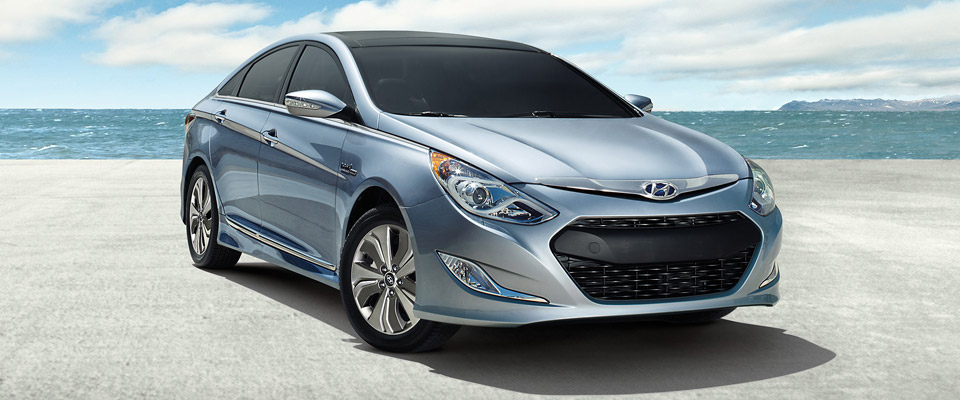-

Overview -

Performance -

Appearance -

Comfort -

Safety & Warranty -

More Models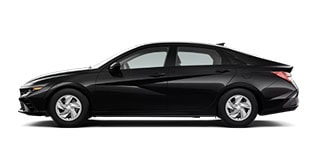 2026 Elantra
Price Coming Soon
2026 Elantra
Price Coming Soon
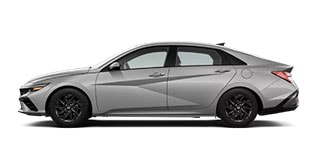 2026 Elantra Hybrid
Price Coming Soon
2026 Elantra Hybrid
Price Coming Soon
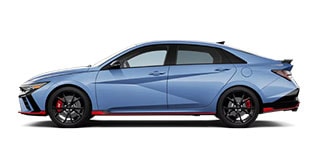 2026 Elantra N
Price Coming Soon
2026 Elantra N
Price Coming Soon
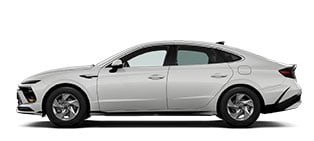 2026 Sonata
Price Coming Soon
2026 Sonata
Price Coming Soon
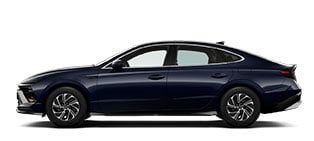 2026 Sonata Hybrid
Price Coming Soon
2026 Sonata Hybrid
Price Coming Soon
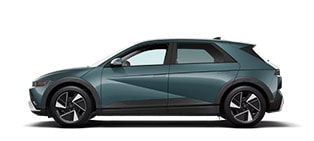 2026 IONIQ 5
Price Coming Soon
2026 IONIQ 5
Price Coming Soon
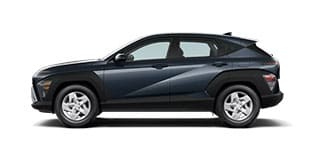 2026 Kona
Price Coming Soon
2026 Kona
Price Coming Soon
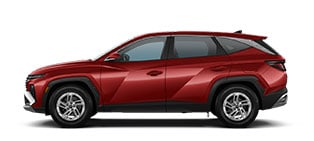 2026 Tucson
Price Coming Soon
2026 Tucson
Price Coming Soon
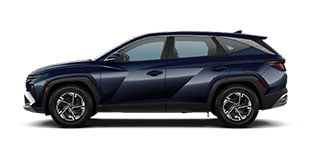 2026 Tucson Hybrid
Price Coming Soon
2026 Tucson Hybrid
Price Coming Soon
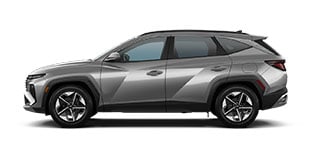 2026 Tucson Plug-in Hybrid
Price Coming Soon
2026 Tucson Plug-in Hybrid
Price Coming Soon
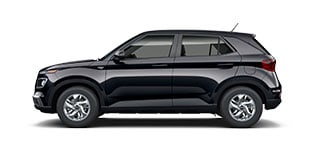 2026 Venue
Price Coming Soon
2026 Venue
Price Coming Soon
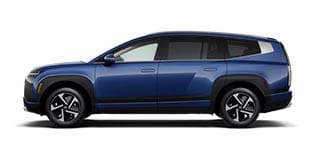 2026 IONIQ 9
Price Coming Soon
2026 IONIQ 9
Price Coming Soon
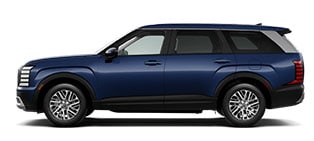 2026 Palisade
Price Coming Soon
2026 Palisade
Price Coming Soon
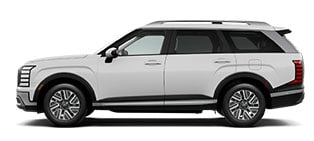 2026 Palisade Hybrid
Price Coming Soon
2026 Palisade Hybrid
Price Coming Soon
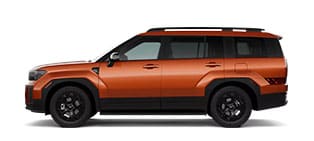 2026 Santa Fe
Price Coming Soon
2026 Santa Fe
Price Coming Soon
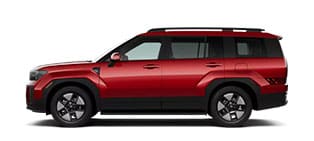 2026 Santa Fe Hybrid
Price Coming Soon
2026 Santa Fe Hybrid
Price Coming Soon
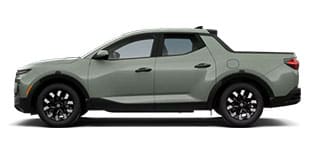 2026 Santa Cruz
Price Coming Soon
2026 Santa Cruz
Price Coming Soon
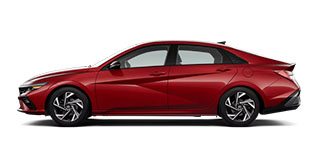 2025 Elantra
Price Coming Soon
2025 Elantra
Price Coming Soon
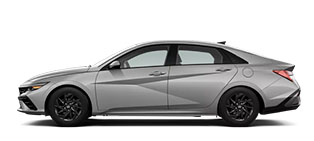 2025 Elantra Hybrid
Price Coming Soon
2025 Elantra Hybrid
Price Coming Soon
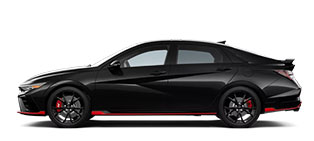 2025 Elantra N
Price Coming Soon
2025 Elantra N
Price Coming Soon
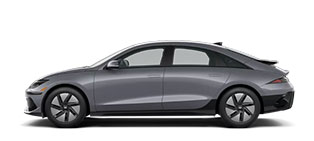 2025 IONIQ 6
Price Coming Soon
2025 IONIQ 6
Price Coming Soon
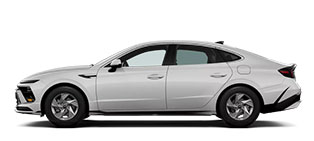 2025 Sonata
Price Coming Soon
2025 Sonata
Price Coming Soon
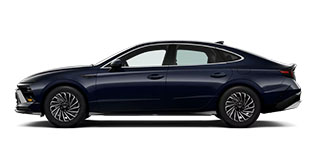 2025 Sonata Hybrid
Price Coming Soon
2025 Sonata Hybrid
Price Coming Soon
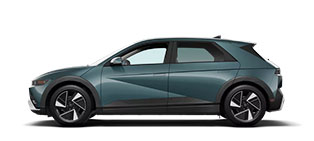 2025 IONIQ 5
Price Coming Soon
2025 IONIQ 5
Price Coming Soon
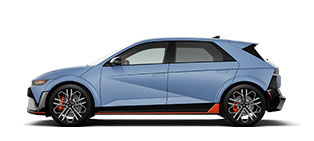 2025 IONIQ 5 N
Price Coming Soon
2025 IONIQ 5 N
Price Coming Soon
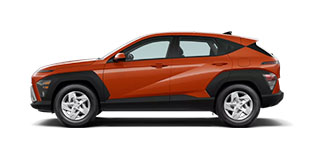 2025 Kona
Price Coming Soon
2025 Kona
Price Coming Soon
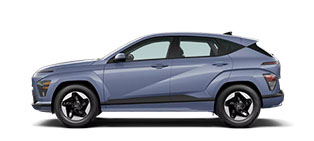 2025 Kona Electric
Price Coming Soon
2025 Kona Electric
Price Coming Soon
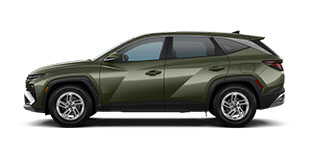 2025 Tucson
Price Coming Soon
2025 Tucson
Price Coming Soon
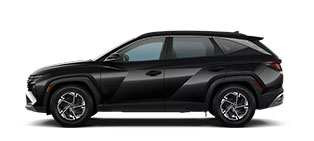 2025 Tucson Hybrid
Price Coming Soon
2025 Tucson Hybrid
Price Coming Soon
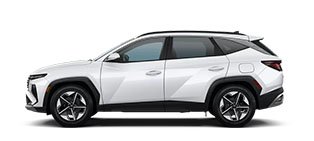 2025 Tucson Plug-in Hybrid
Price Coming Soon
2025 Tucson Plug-in Hybrid
Price Coming Soon
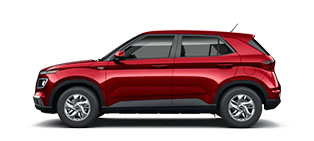 2025 Venue
Price Coming Soon
2025 Venue
Price Coming Soon
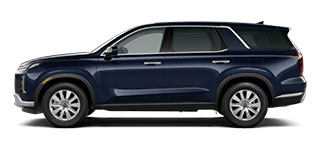 2025 Palisade
Price Coming Soon
2025 Palisade
Price Coming Soon
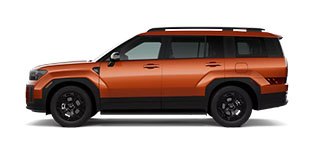 2025 Santa Fe
Price Coming Soon
2025 Santa Fe
Price Coming Soon
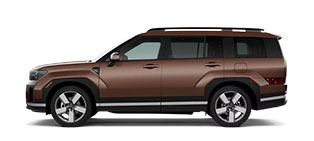 2025 Santa Fe Hybrid
Price Coming Soon
2025 Santa Fe Hybrid
Price Coming Soon
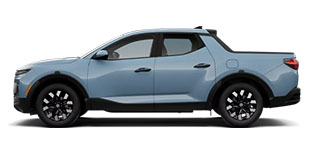 2025 Santa Cruz
Price Coming Soon
2025 Santa Cruz
Price Coming Soon
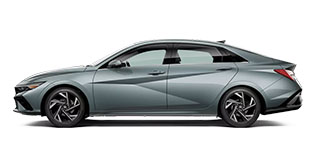 2024 Elantra
Price Coming Soon
2024 Elantra
Price Coming Soon
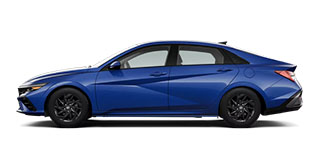 2024 Elantra Hybrid
Price Coming Soon
2024 Elantra Hybrid
Price Coming Soon
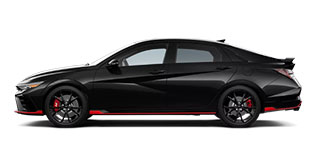 2024 Elantra N
Price Coming Soon
2024 Elantra N
Price Coming Soon
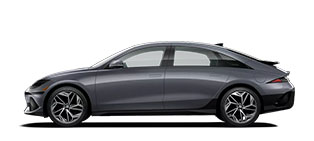 2024 IONIQ 6
Price Coming Soon
2024 IONIQ 6
Price Coming Soon
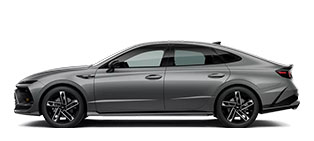 2024 Sonata
Price Coming Soon
2024 Sonata
Price Coming Soon
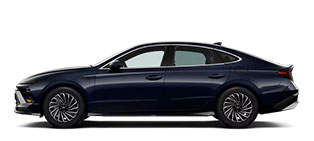 2024 Sonata Hybrid
Price Coming Soon
2024 Sonata Hybrid
Price Coming Soon
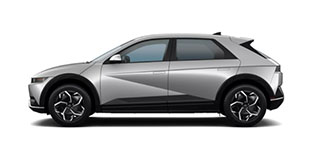 2024 IONIQ 5
Price Coming Soon
2024 IONIQ 5
Price Coming Soon
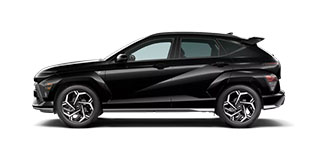 2024 Kona
Price Coming Soon
2024 Kona
Price Coming Soon
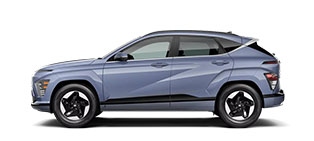 2024 Kona Electric
Price Coming Soon
2024 Kona Electric
Price Coming Soon
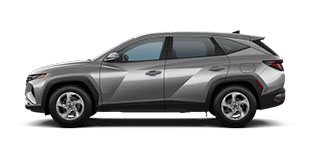 2024 Tucson
Price Coming Soon
2024 Tucson
Price Coming Soon
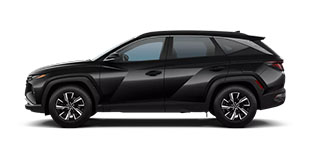 2024 Tucson Hybrid
Price Coming Soon
2024 Tucson Hybrid
Price Coming Soon
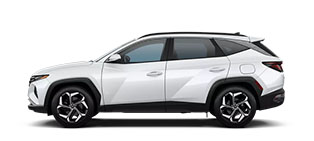 2024 Tucson Plug-in Hybrid
Price Coming Soon
2024 Tucson Plug-in Hybrid
Price Coming Soon
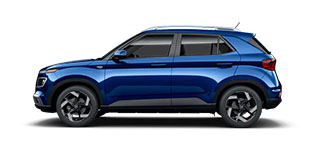 2024 Venue
Price Coming Soon
2024 Venue
Price Coming Soon
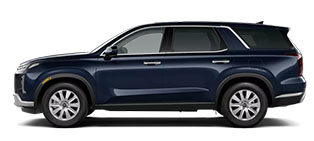 2024 Palisade
Price Coming Soon
2024 Palisade
Price Coming Soon
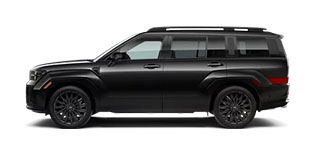 2024 Santa Fe
Price Coming Soon
2024 Santa Fe
Price Coming Soon
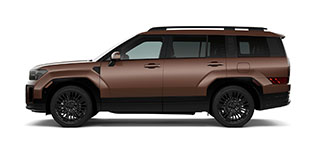 2024 Santa Fe Hybrid
Price Coming Soon
2024 Santa Fe Hybrid
Price Coming Soon
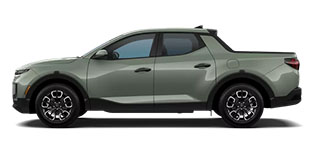 2024 Santa Cruz
Price Coming Soon
2024 Santa Cruz
Price Coming Soon
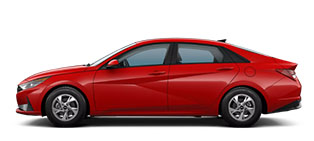 2023 Elantra
2023 Elantra
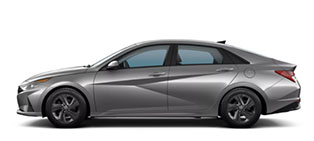 2023 Elantra Hybrid
2023 Elantra Hybrid
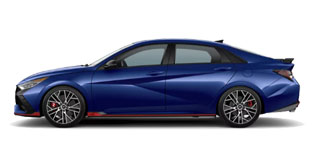 2023 Elantra N
Price Coming Soon
2023 Elantra N
Price Coming Soon
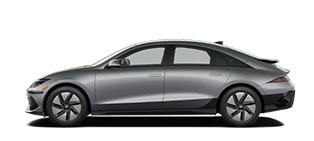 2023 IONIQ 6
Price Coming Soon
2023 IONIQ 6
Price Coming Soon
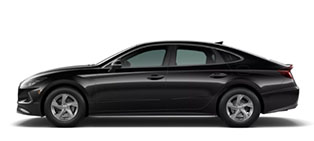 2023 Sonata
2023 Sonata
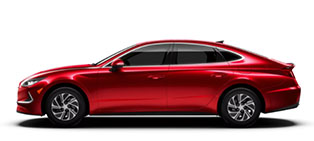 2023 Sonata Hybrid
2023 Sonata Hybrid
 2023 IONIQ 5
2023 IONIQ 5
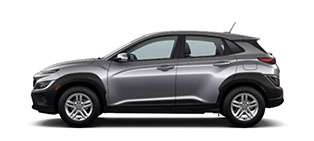 2023 Kona
2023 Kona
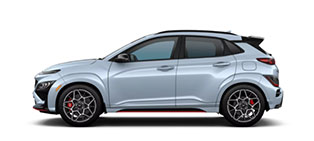 2023 Kona N
2023 Kona N
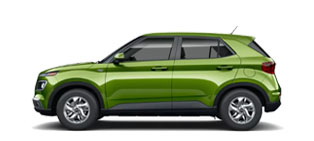 2023 Venue
Price Coming Soon
2023 Venue
Price Coming Soon
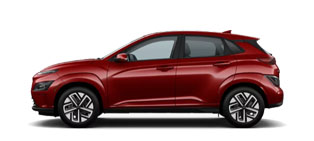 2023 Kona Electric
Price Coming Soon
2023 Kona Electric
Price Coming Soon
 2023 Nexo Fuel Cell
Price Coming Soon
2023 Nexo Fuel Cell
Price Coming Soon
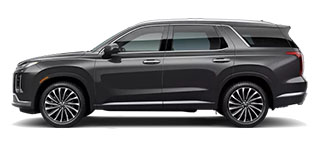 2023 Palisade
2023 Palisade
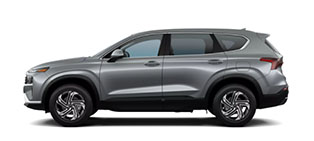 2023 Santa Fe
2023 Santa Fe
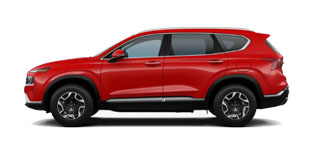 2023 Santa Fe Hybrid
Price Coming Soon
2023 Santa Fe Hybrid
Price Coming Soon
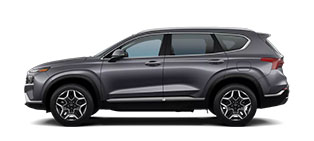 2023 Santa Fe Plug-In Hybrid
2023 Santa Fe Plug-In Hybrid
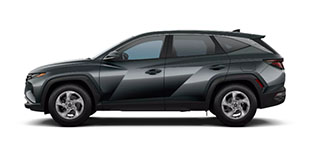 2023 Tucson
2023 Tucson
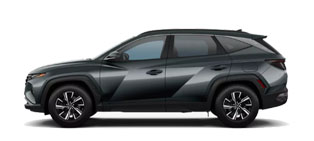 2023 Tucson Hybrid
Price Coming Soon
2023 Tucson Hybrid
Price Coming Soon
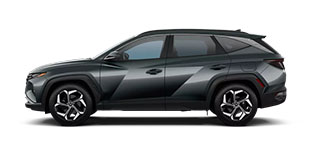 2023 Tucson Plug-in Hybrid
2023 Tucson Plug-in Hybrid
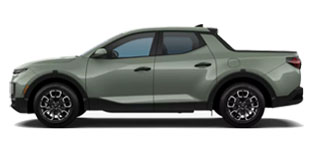 2023 Santa Cruz
Price Coming Soon
2023 Santa Cruz
Price Coming Soon
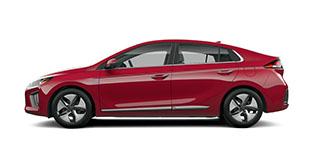 2022 Ioniq Hybrid
2022 Ioniq Hybrid
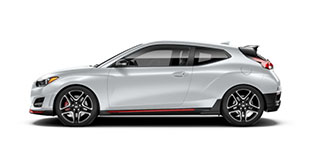 2022 Veloster N
2022 Veloster N
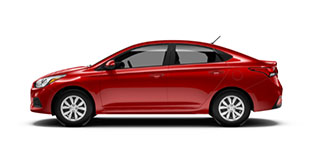 2022 Accent
2022 Accent
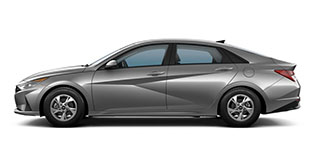 2022 Elantra
2022 Elantra
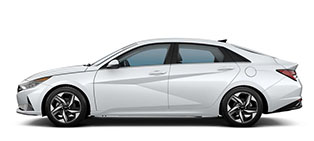 2022 Elantra Hybrid
2022 Elantra Hybrid
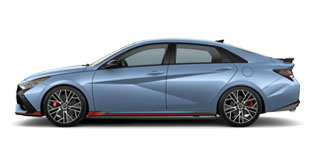 2022 Elantra N
Price Coming Soon
2022 Elantra N
Price Coming Soon
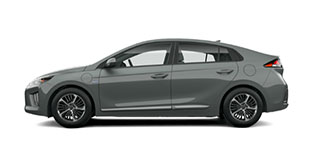 2022 Ioniq Plug-In Hybrid
2022 Ioniq Plug-In Hybrid
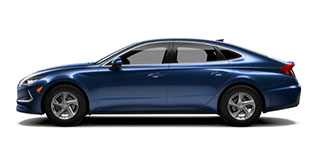 2022 Sonata
2022 Sonata
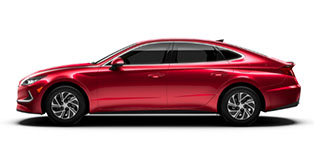 2022 Sonata Hybrid
2022 Sonata Hybrid
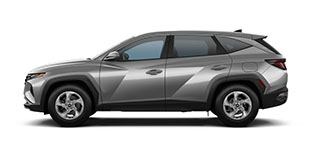 2022 Tucson
2022 Tucson
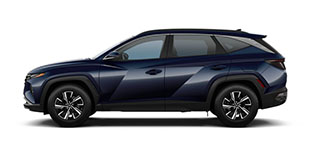 2022 Tucson Hybrid
2022 Tucson Hybrid
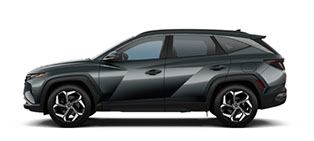 2022 Tucson Plug-In Hybrid
2022 Tucson Plug-In Hybrid
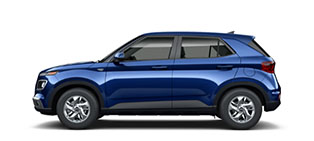 2022 Venue
2022 Venue
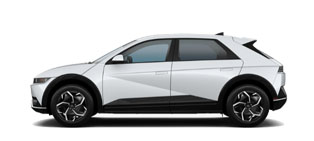 2022 IONIQ 5
Price Coming Soon
2022 IONIQ 5
Price Coming Soon
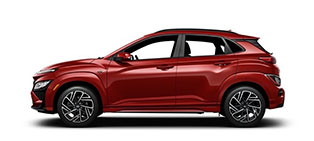 2022 Kona
2022 Kona
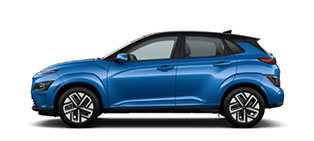 2022 Kona Electric
2022 Kona Electric
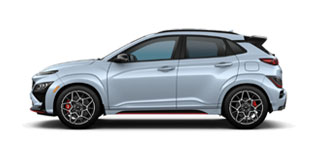 2022 Kona N
Price Coming Soon
2022 Kona N
Price Coming Soon
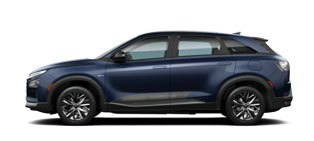 2022 Nexo Fuel Cell
Price Coming Soon
2022 Nexo Fuel Cell
Price Coming Soon
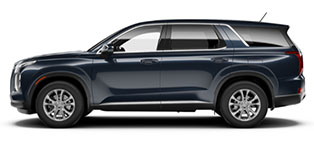 2022 Palisade
2022 Palisade
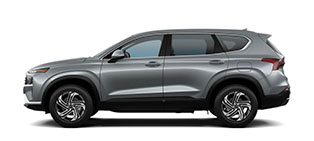 2022 Santa Fe
2022 Santa Fe
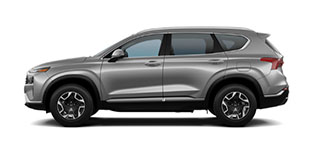 2022 Santa Fe Hybrid
2022 Santa Fe Hybrid
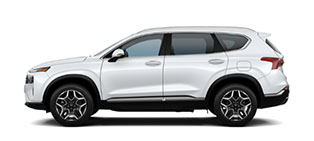 2022 Santa Fe Plug-In Hybrid
2022 Santa Fe Plug-In Hybrid
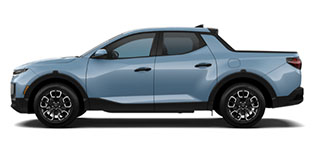 2022 Santa Cruz
2022 Santa Cruz
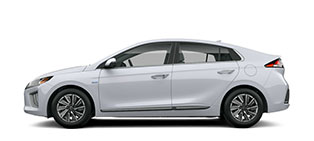 2021 Ioniq Electric
2021 Ioniq Electric
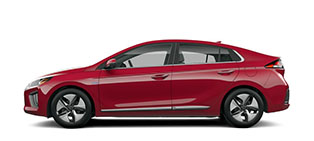 2021 Ioniq Hybrid
2021 Ioniq Hybrid
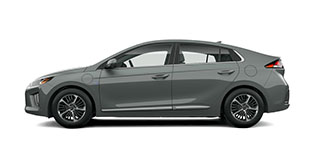 2021 Ioniq Plug-In Hybrid
2021 Ioniq Plug-In Hybrid
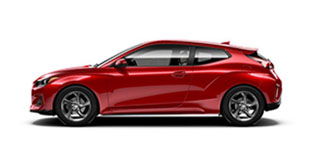 2021 Veloster
2021 Veloster
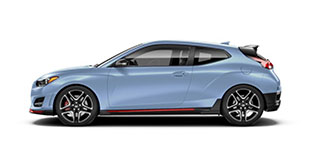 2021 Veloster N
2021 Veloster N
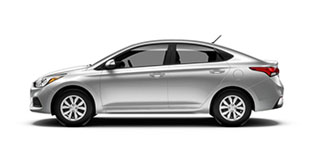 2021 Accent
2021 Accent
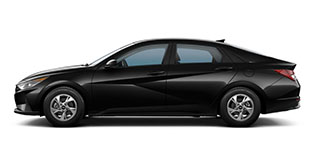 2021 Elantra
2021 Elantra
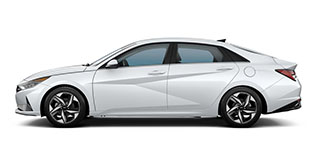 2021 Elantra Hybrid
2021 Elantra Hybrid
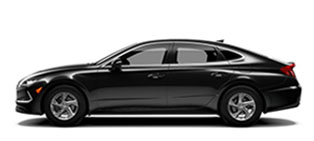 2021 Sonata
2021 Sonata
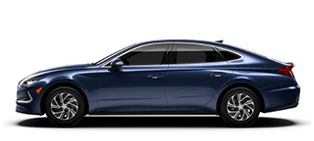 2021 Sonata Hybrid
2021 Sonata Hybrid
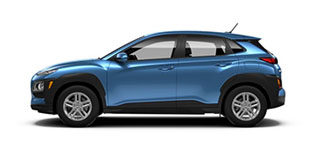 2021 Kona
2021 Kona
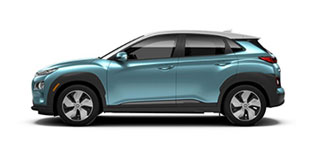 2021 Kona Electric
2021 Kona Electric
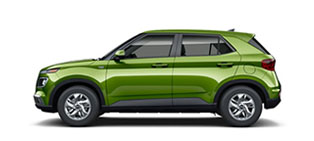 2021 Venue
2021 Venue
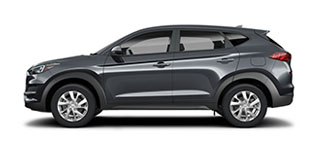 2021 Tucson
2021 Tucson
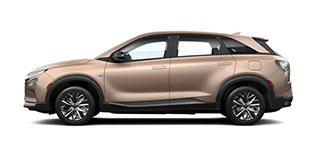 2021 Nexo Fuel Cell
2021 Nexo Fuel Cell
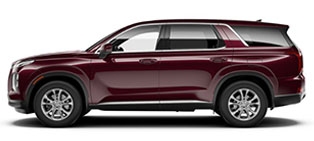 2021 Palisade
2021 Palisade
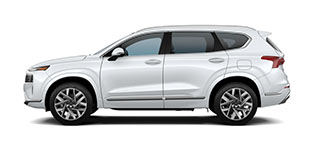 2021 Santa Fe
2021 Santa Fe
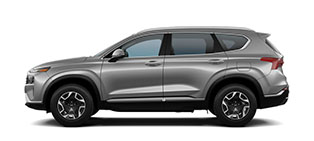 2021 Santa Fe Hybrid
2021 Santa Fe Hybrid
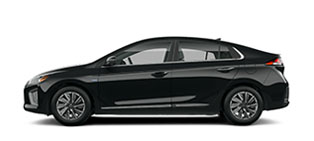 2020 Ioniq Electric
2020 Ioniq Electric
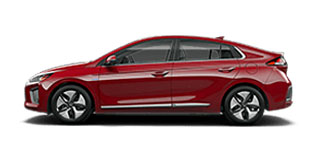 2020 Ioniq Hybrid
2020 Ioniq Hybrid
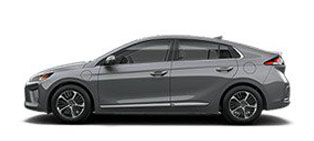 2020 Ioniq Plug-in Hybrid
2020 Ioniq Plug-in Hybrid
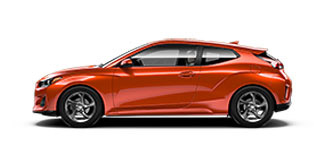 2020 Veloster
2020 Veloster
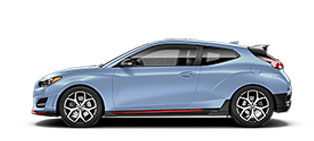 2020 Veloster N
2020 Veloster N
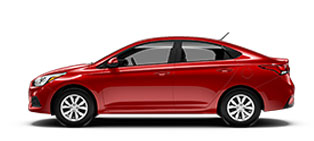 2020 Accent
2020 Accent
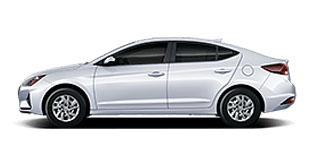 2020 Elantra
2020 Elantra
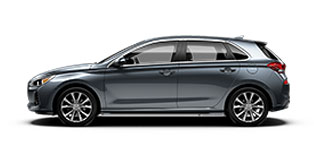 2020 Elantra GT
2020 Elantra GT
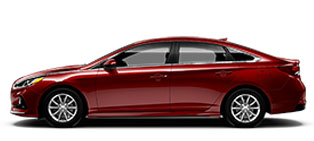 2020 Sonata
2020 Sonata
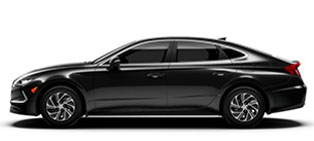 2020 Sonata Hybrid
2020 Sonata Hybrid
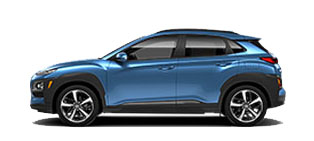 2020 Kona
2020 Kona
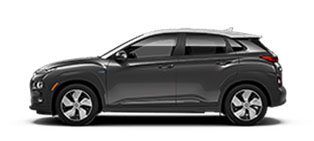 2020 Kona Electric
2020 Kona Electric
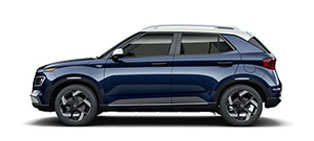 2020 Venue
2020 Venue
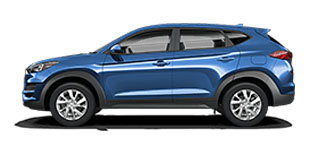 2020 Tucson
2020 Tucson
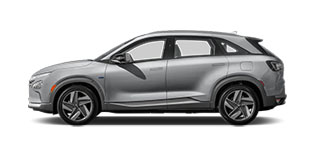 2020 NEXO Fuel Cell
2020 NEXO Fuel Cell
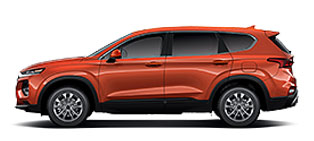 2020 Santa Fe
2020 Santa Fe
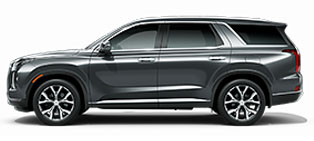 2020 Palisade
2020 Palisade
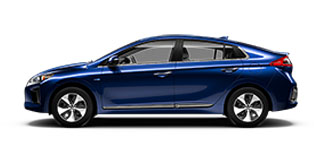 2019 Ioniq Electric
2019 Ioniq Electric
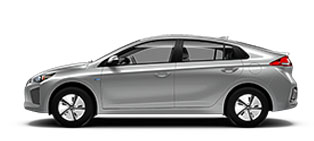 2019 Ioniq Hybrid
2019 Ioniq Hybrid
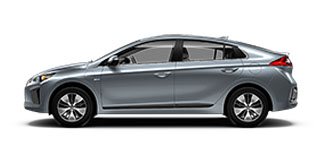 2019 Ioniq Plug-In Hybrid
2019 Ioniq Plug-In Hybrid
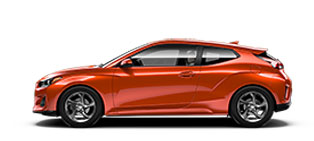 2019 Veloster
2019 Veloster
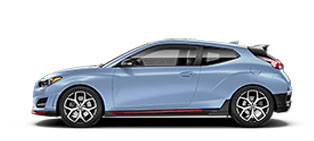 2019 Veloster N
2019 Veloster N
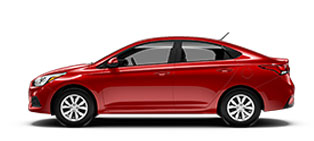 2019 Accent
2019 Accent
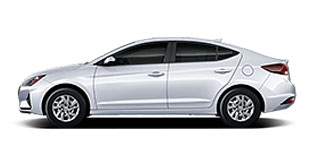 2019 Elantra
2019 Elantra
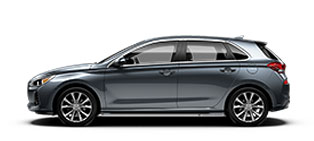 2019 Elantra GT
2019 Elantra GT
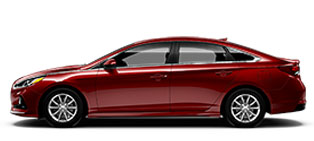 2019 Sonata
2019 Sonata
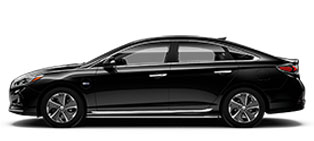 2019 Sonata Hybrid
2019 Sonata Hybrid
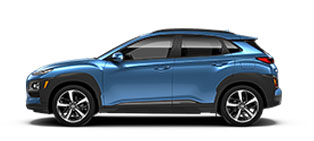 2019 Kona
2019 Kona
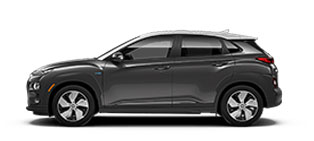 2019 Kona Electric
2019 Kona Electric
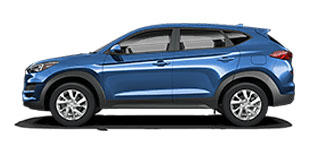 2019 Tucson
2019 Tucson
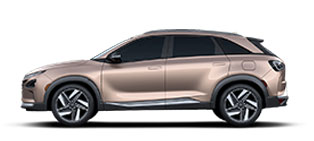 2019 Nexo
2019 Nexo
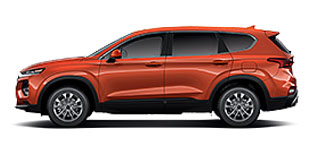 2019 Santa Fe
2019 Santa Fe
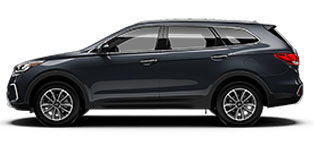 2019 Santa Fe XL
2019 Santa Fe XL
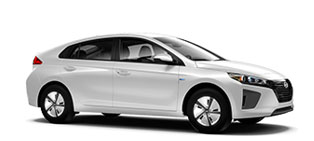 2018 Ioniq Hybrid
2018 Ioniq Hybrid
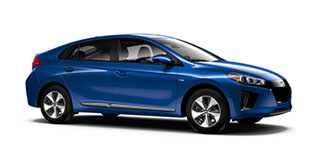 2018 Ioniq Electric
2018 Ioniq Electric
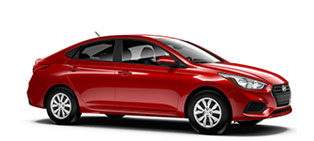 2018 Accent
2018 Accent
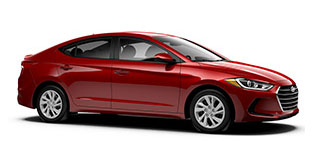 2018 Elantra
2018 Elantra
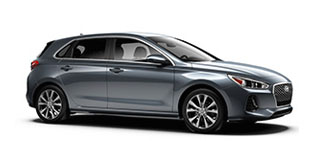 2018 Elantra GT
2018 Elantra GT
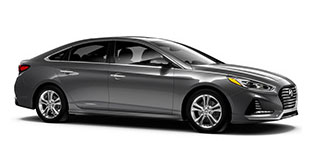 2018 Sonata
2018 Sonata
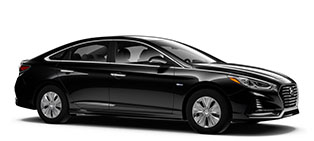 2018 Sonata Hybrid
2018 Sonata Hybrid
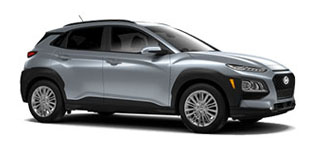 2018 Kona
2018 Kona
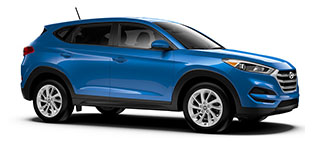 2018 Tucson
2018 Tucson
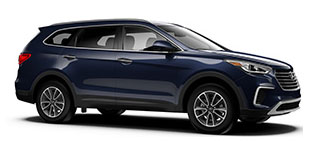 2018 Santa Fe
2018 Santa Fe
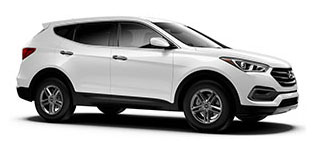 2018 Santa Fe Sport
2018 Santa Fe Sport
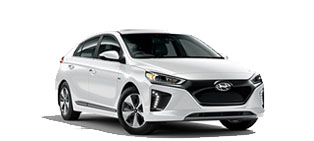 2017 Ioniq Electric
2017 Ioniq Electric
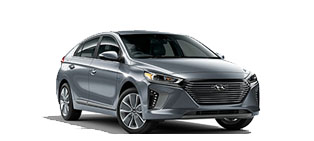 2017 Ioniq Hybrid
2017 Ioniq Hybrid
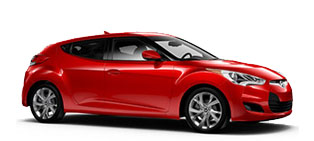 2017 Veloster
2017 Veloster
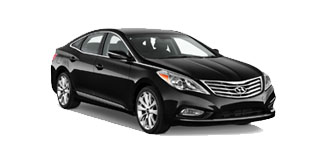 2017 Azera
2017 Azera
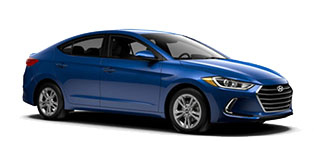 2017 Elantra
2017 Elantra
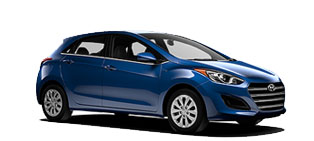 2017 Elantra GT
2017 Elantra GT
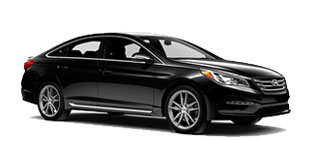 2017 Sonata
2017 Sonata
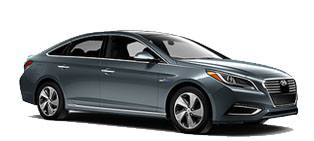 2017 Sonata Hybrid
2017 Sonata Hybrid
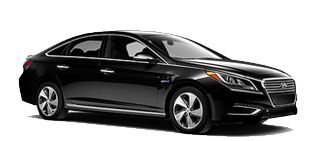 2017 Sonata Plug-In
2017 Sonata Plug-In
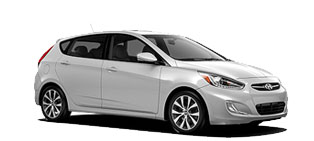 2017 Accent
2017 Accent
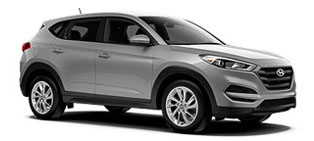 2017 Tucson
2017 Tucson
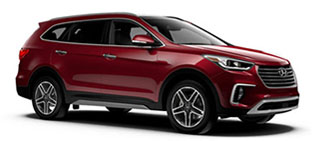 2017 Santa Fe
2017 Santa Fe
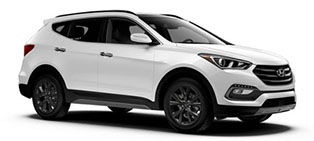 2017 Santa Fe Sport
2017 Santa Fe Sport
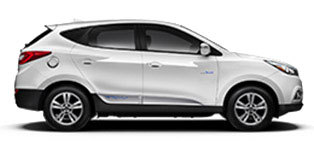 2017 Tucson Fuel Cell
2017 Tucson Fuel Cell
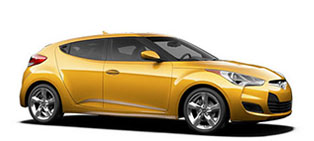 2016 Veloster
2016 Veloster
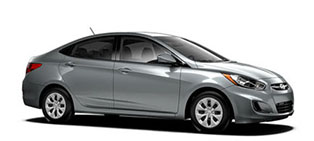 2016 Accent
2016 Accent
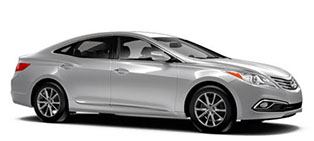 2016 Azera
2016 Azera
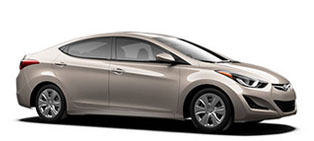 2016 Elantra
2016 Elantra
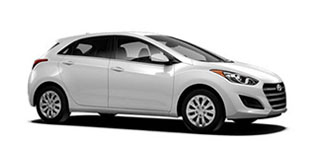 2016 Elantra GT
2016 Elantra GT
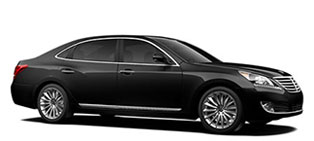 2016 Equus
2016 Equus
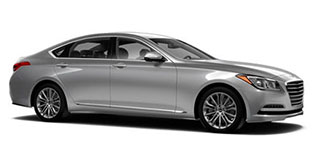 2016 Genesis
2016 Genesis
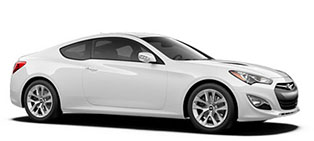 2016 Genesis Coupe
2016 Genesis Coupe
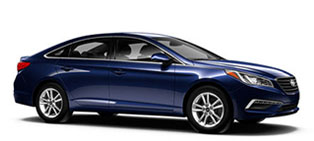 2016 Sonata
2016 Sonata
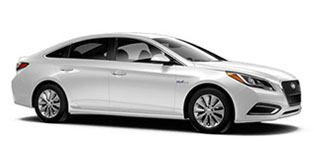 2016 Sonata Hybrid
2016 Sonata Hybrid
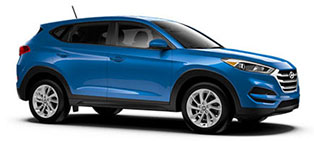 2016 Tucson
2016 Tucson
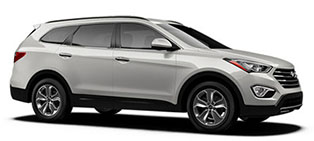 2016 Santa Fe
2016 Santa Fe
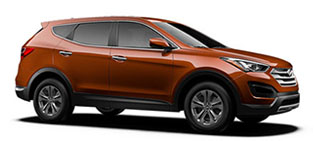 2016 Santa Fe Sport
2016 Santa Fe Sport
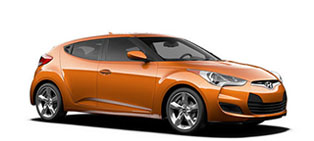 2015 Veloster
2015 Veloster
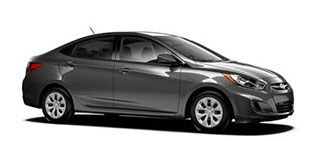 2015 Accent
2015 Accent
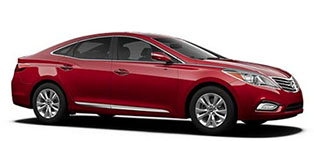 2015 Azera
2015 Azera
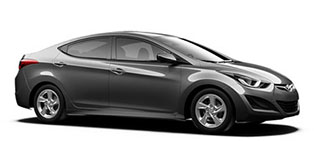 2015 Elantra
2015 Elantra
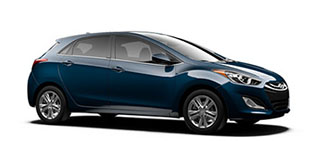 2015 Elantra GT
2015 Elantra GT
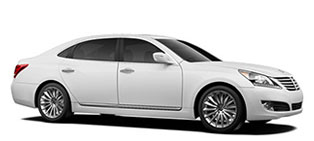 2015 Equus
2015 Equus
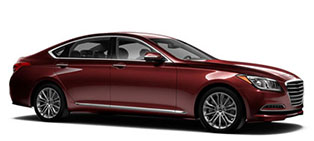 2015 Genesis
2015 Genesis
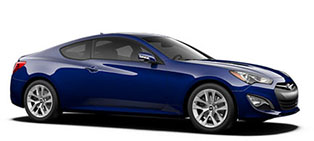 2015 Genesis Coupe
2015 Genesis Coupe
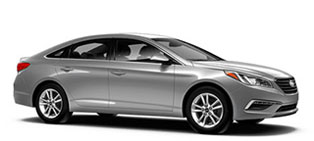 2015 Sonata
2015 Sonata
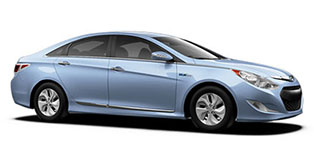 2015 Sonata Hybrid
2015 Sonata Hybrid
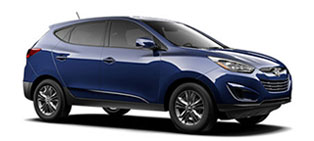 2015 Tucson
2015 Tucson
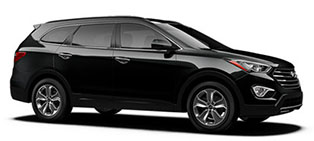 2015 Santa Fe
2015 Santa Fe
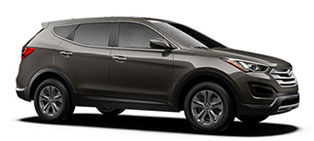 2015 Santa Fe Sport
2015 Santa Fe Sport
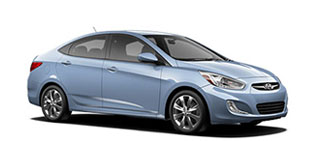 2014 Accent
2014 Accent
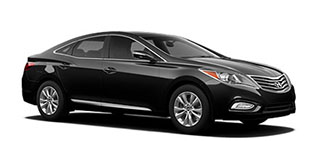 2014 Azera
2014 Azera
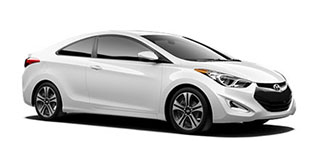 2014 Elantra Coupe
2014 Elantra Coupe
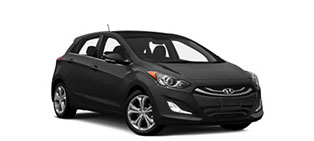 2014 Elantra GT
2014 Elantra GT
2015 Hyundai Sonata Hybrid OVERVIEW 
2015 Hyundai Sonata Hybrid in Golden
“EFFICIENCY IN ITS MOST SCULPTED FORM.” —Hyundaiusa.com
- 2.4L MPI Theta II Atkinson cycle 4-cylinder engine with Blue Drive® fully parallel Hybrid system and 199 net horsepower
- 16-inch Eco-spoke alloy wheels
- Side mirror-mounted turn-signal indicators
- Chrome exterior door handles
- Proximity Key entry with push button start
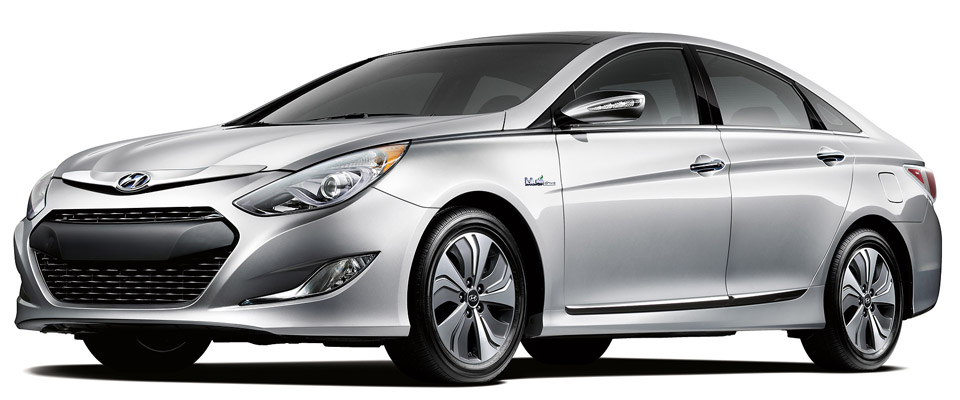
Hyundai Sonata Hybrid Dealer in Golden
Hyundai Sonata Hybrid PERFORMANCE 
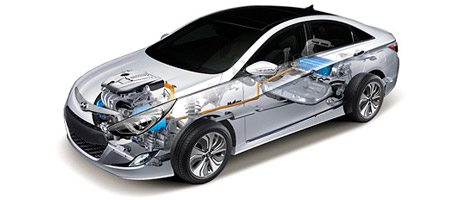
Under The Hood
Using a fully parallel Hybrid Electric Vehicle (HEV) system provides optimum power, with engine and battery power supply working simultaneously. Additional energy saving comes through the electric engine’s Hybrid Starter Generator (HSG) function and an all-electric mode up to 74 mph.
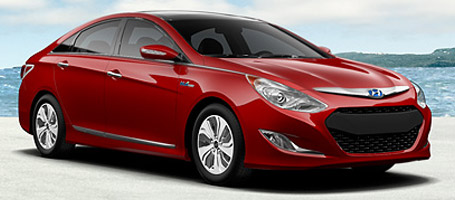
Advanced Battery Technology
Compared to the nickel-metal hydride battery used in some other competitors’ hybrids, the Sonata Hybrid uses a polymer gel as the electrolyte in its battery. This allows for a thinner and lighter casing, which translates to more cargo and interior volume. This next-generation battery is capable of delivering the same power with 25% less weight, 40% less volume and 10% more efficiency. It also discharges more slowly to maintain available power up to 1.7 times longer than traditional batteries.
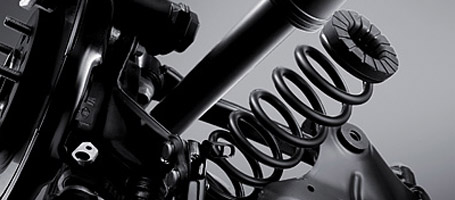
Settle Into A Smoother Ride
The fully independent suspension, with MacPherson struts up front and a multi-link rear, includes advanced SACHS® Amplitude Selective Damping (ASD) shock absorbers for added response and a smooth ride.
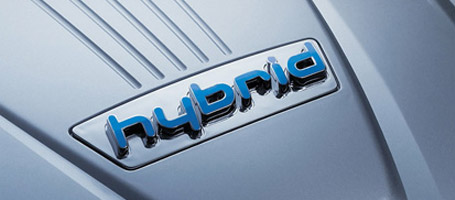
Tight-fisted With Fuel, Generous With Performance
It’s not just the battery that makes Sonata Hybrid a more efficient vehicle. The Sonata Hybrid’s 2.4L DOHC Theta II gas engine features an Atkinson cycle for decreased pumping and friction loss—resulting in improved fuel economy with an EPA-estimated 40 Highway MPG.
2015 Sonata Hybrid APPEARANCE 
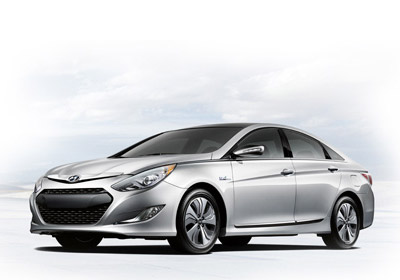
Beauty and Class Leading Aerodynamics
Hybrids don’t need to be shaped like a cheese wedge to get better gas mileage. The Sonata Hybrid exhibits a sleek, sculptured design that achieves a class-leading lowest 0.25 coefficient of drag.
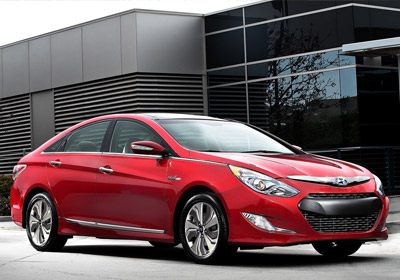
Environmental Protection
Solar control windows help block UV rays to protect the interior, and you, from the wrath of the sun. The cooler cabin means you can use less air conditioning, saving gas and the environment.
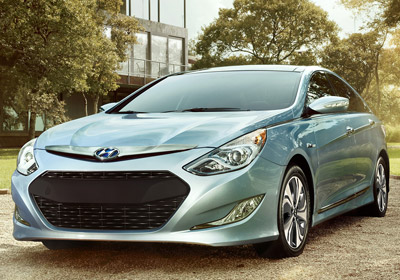
High-tech Visibility
Heated side mirrors ward off frost, while speed-sensing wipers work harder the faster you drive. The intentionally large windows increase visibility, reduce blind spots and contribute to a feeling of spaciousness and ride comfort for you and your passengers.
Hyundai Sonata Hybrid COMFORT 
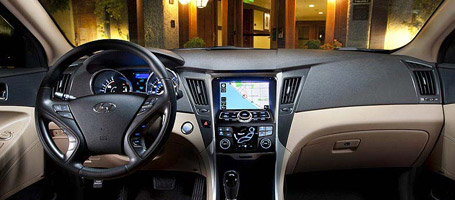
Control Throughout the Cabin
The Sonata Hybrid's cabin is ergonomically designed so that driver and passenger amenities are within quick and easy reach. The available 7-inch navigation touchscreen as well as the audio controls are set a little higher on the center stack, making them easier to check while staying focused on the road. The dual automatic climate control offers custom settings for the driver and front passenger. Steering wheel-mounted audio, phone and cruise controls keep your attention on the business at hand.
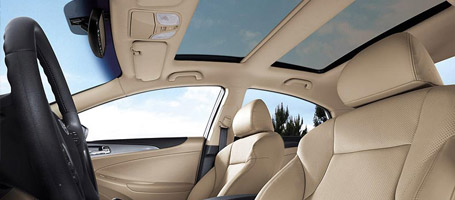
Blue Skies Ahead
Part of designing a hybrid that’s more beautiful on the inside is giving you a better view of what’s outside. With the available power tilt-and-slide panoramic sunroof, everyone can get their daily dose of sunshine, fresh air and vitamin D.
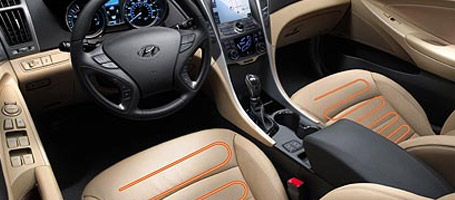
Sit Down and Relax
The driver seat is heated and has an available 8-way power adjustment with power lumbar controls to make even long trips seem short. To keep your passengers from getting jealous, the Sonata Hybrid front passenger seat is also heated to provide extra comfort.
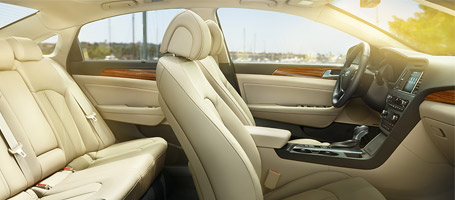
More Space, Thanks to a Battery with a Lifetime Warranty
Brilliant design and a more compact battery that fits in the trunk give the Sonata Hybrid the most passenger volume in the Midsize Hybrid Sedan class.** That’s more passenger room than the Toyota Camry and Ford Fusion hybrids. And that space-saving lithium polymer battery comes with a lifetime warranty from Hyundai.
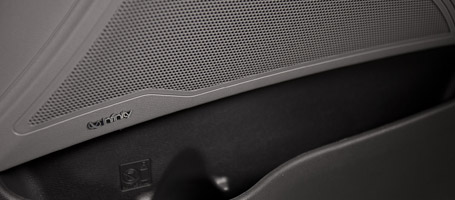
Pump Up the Audio
For the best that radio has to offer, SiriusXM Satellite Radio* is included as is HD Radio™ technology. The built-in iPod,sup>®/USB and auxiliary input jacks let you access your iPod through the audio controls, displaying track and artist information, all while charging your digital personal listening device. An Infinity® 400-watt premium audio system is available to take your favorite music to higher levels of power and fidelity.
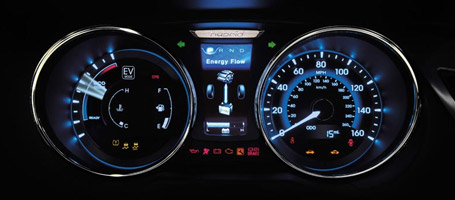
Modern-day Mission Control
Most modern trip computers help you drive smarter and more efficiently. You can see average speed, average and instant fuel consumption, and miles to empty—but the Sonata Hybrid technology display, with its 4.2-inch LCD color screen, takes the idea of control a step further. Allowing you to set your doors to lock automatically on reaching preset speeds.
2015 Hyundai Sonata Hybrid SAFETY & WARRANTY 
HYUNDAI ASSURANCE AMERICA'S BEST WARRANTY
5 Year/60,000 Miles - New Vehicle Limited Warranty | 10 years/100,000 miles - Powertrain Limited Warranty | 7 Year/Unlimited Miles - Anti-Perforation Warranty | 5 Year/60,000 Miles - Emissions (or up to first required scheduled maintenance, whichever occurs first)

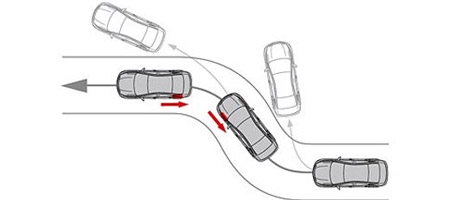
Stick To Your Intended Path
NHTSA studies show passenger cars equipped with Electronic Stability Control (ESC) experience 35% fewer single-vehicle crashes, and 30% fewer single-vehicle fatalities. The Electronic Stability Control (ESC) System is an electronic system designed to help the driver maintain vehicle control under diverse conditions. ESC also includes Traction Control System (TCS), which reduces wheelspin when accelerating.
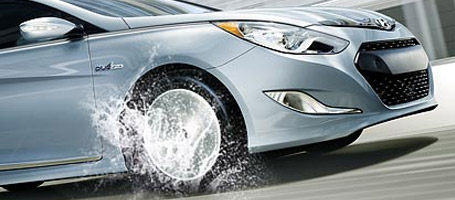
Stability You Can Count On
By reducing wheelspin in various adverse traction conditions, including inclement weather, Traction Control System (TCS) helps give more stable and predictable acceleration for a more confident, controlled driving experience.

Blue Link® Connected Care
Safety features that activate during an accident are crucial. Connecting you to help immediately after, that's where Blue Link® Connected Care comes in. When an airbag is deployed, the Automatic Collision Notification and Assistance feature notifies our response center and lets us know where you are so that we can quickly send first responders.
We're sorry, but we do not have a 2015 Hyundai Sonata Hybrid in our current inventory.
Disclaimers
- *

